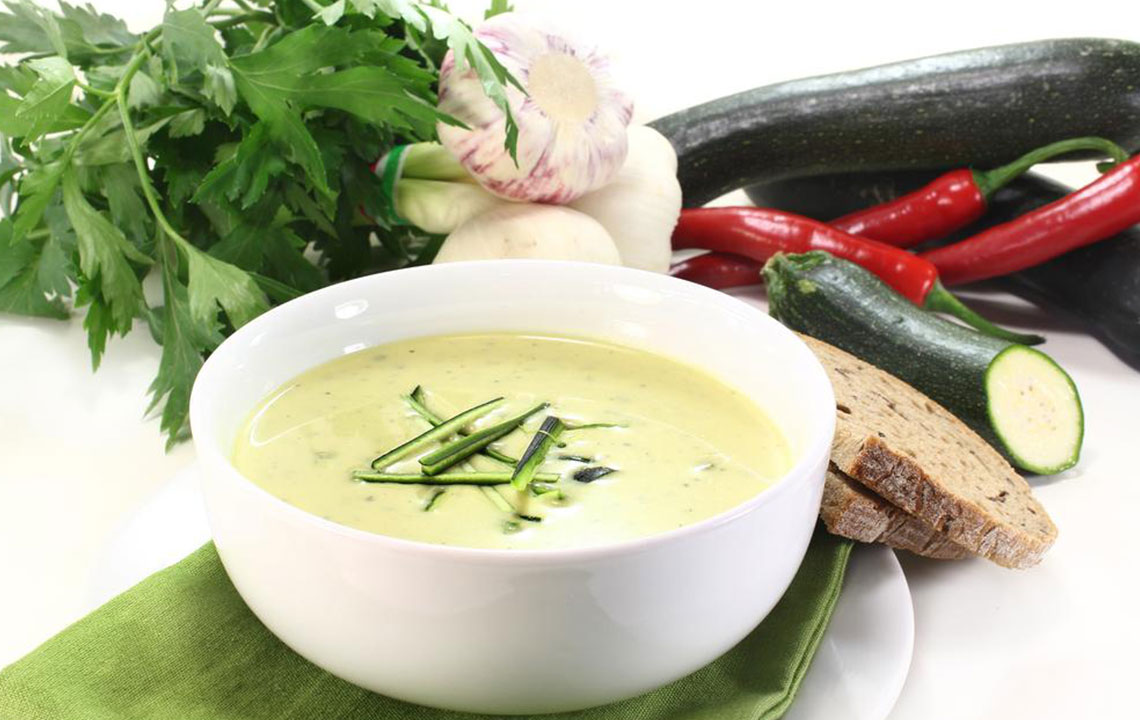What to Eat and What to Avoid in an Anti Gout Diet
Understanding gout and its possible treatment options
A gout is a form of arthritis which occurs when there are high levels of uric acid in the blood. This excessive uric acid creates crystals which gather around the joint. This can lead to gout attacks, i.e., unexpected episodes of sharp pains and inflammation in the joints. Rise in uric acids is caused due to multiple reasons and therefore every individual has to take specific measures to deal with it. For instance, it could be due to excessive alcohol consumption, obesity or due to the kidney’s diminished ability to process the uric acid.

An anti-gout diet will not only offer you with the fast relief but will also lessen the risk of frequent gout attacks. While dealing with gout, your first job is to consult a doctor to receive an accurate diagnosis. Based on the nature of the case, your doctor will prescribe you with appropriate medications and other treatment options. After the medical analysis, you can start designing your anti-gout treatment. To help you get a precise direction, here’s an anti-gout dietary checklist that must be followed.
- Limiting certain types of foods
Before deciding ‘what to eat?’, start focusing on what food ingredients you must cut out from your diet. Avoid any products that contain refined sugars like soft drinks, processed fruit juices, breakfast cereals, chocolates, cakes, candies, etc. Such food products can stimulate uric acid build-ups, leading to gout attacks. This is especially imperative if you happen to be overweight as uric acid further contributes to intense inflammation of the joints.
Foods containing purine can flare up gout. You must be wondering ‘what is purine?’ It is a natural constituent that is found in the human body as well as in foods. Uric acid is produced when purine is broken down in the body. Which is why you must exercise moderation while having food ingredients that are rich in purine. Meats, mushrooms, spinach, peas, whole wheat grains, asparagus, anchovies, beef, cauliflower, gravies, tuna, codfish, herring, etc. are some of the food products that contain a high amount of purine. Alcohol can surge the uric acid levels in your body, increasing the chances of aggravating gout attacks. So, while following an anti-gout diet, it is advised that you cease your liquor consumption entirely.
Junk food is made by using processed products, so you should refrain indulging in fast food. Your anti-gout diet should strictly include meals that are prepared at home. In this manner, you will be able to customize and control your food choices that will benefit you in the long run. - Hydration
To eliminate the uric acid at a faster pace, you need to keep your body hydrated. A dehydrated system can aggravate gout attacks on a recurrent basis. Aim to have at least eight glasses of water daily, so that you could swiftly cleanse the system. - Cherries
Specific medical research projects suggest that cherries can decrease the occurrence of gout attacks. This might be because cherries contain antioxidants which reduce the uric acid levels in the blood. If you have cherry juices, then opt for the ones which are organic for maximum results. - Low-fat dairy products
Instead of having whole milk products, consume low-fat dairy products such as skimmed milk or yogurt. Low-fat dairy products may help to control the uric acid levels, and they can be a reliable source of protein as well. - Starchy carbohydrates and vegetables
Potatoes, whole-grain pasta, rice, brown bread, oats, quinoa, barley, etc. include limited amounts of purines. You can include these in your diet along with vegetables such as broccoli, Brussel sprouts, lima beans, etc. - Fruits
Apart from cherries, you can also consider including fruits like strawberries, oranges, apple, bananas, pineapples, grapefruits, mangoes, watermelons, papaya, etc. These fresh fruits are rich in vitamins which can eliminate the toxins as well as nourish your body cells. - Coffee
Chlorogenic acid, an antioxidant found in the coffee is associated with the diminishing the gout attack instances. However, this might not work for everyone. So, you must consult your doctor to gain some clarity about caffeine experimenting. Although if you already consume coffee, ensure that you have it without any forms of refined sugars or artificial sweeteners. Similarly, if you need milk with your coffee, couple it with low-fat dairy products.
When you are managing an anti-gout diet, it is crucial to comprehend that it isn’t just a temporary fix. You should learn to adopt it as a form of lifestyle. This is because if timely measures are not exercised, gout can worsen with time leading to irreversible joint damage and kidney problems. But with early intervention and care, gout is an untroublesome medical condition.

